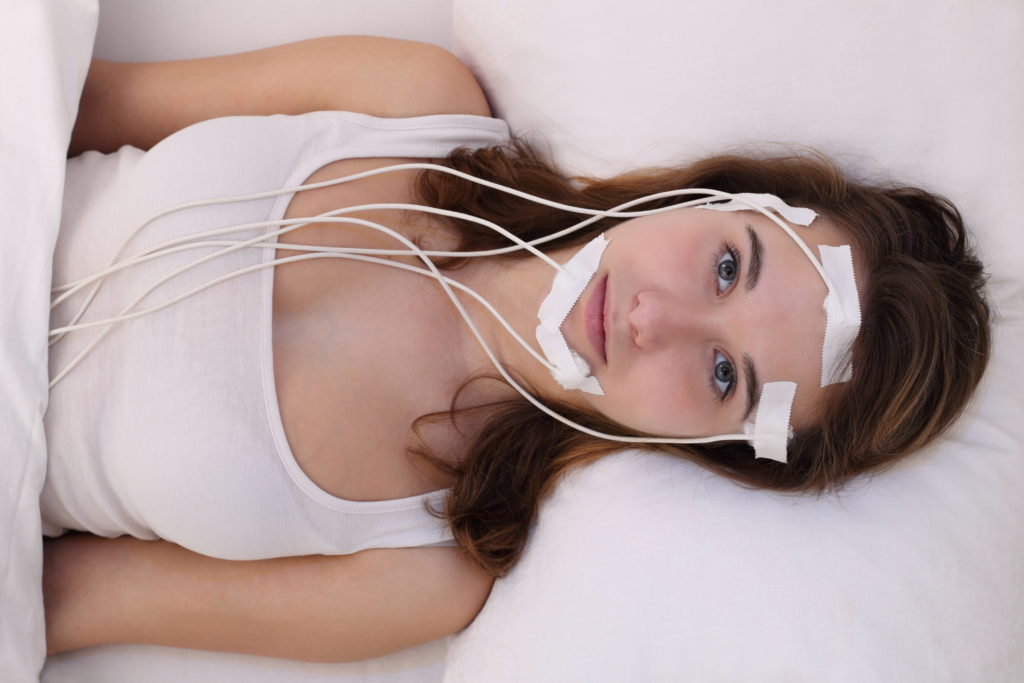Quick Hits
Daily brief research updates from the cognitive sciences

I have written numerous posts and articles on sleep and the brain (review here), and the evidence is crystal clear. Good and consistent sleep is essential to all aspects of physical and mental health.
So, this latest piece of research may come as a surprise and feels a bit strange. Specifically, researchers around Celia Kjaerby at the University of Copenhagen found that we may awaken up to 100 times per night. And counter-intuitively this may even be a sign of good night’s sleep. How that?
What these researchers found is that the refreshing part of sleep, deep sleep, is driven by waves of noradrenaline. Yes, a chemical that is normally a stimulant and highly active in arousal states. These waves wash over the brain in short bursts and awaken the brain – however we do not normally notice this because these are small bursts and do not trigger conscious awakening – but according to brain activity the brain is awake.
The researchers see this as an important aspect of sleep which helps to reset the cellular processes and the brain and helps to consolidate memory. In fact, this is precisely what the researchers found.
This research was in mice, common in neuroscience research, and they had implanted small electrodes in the brain to monitor the sleep patterns. That’s how they were able to detects these noradrenaline waves. When they actively stimulated these waves during sleep, memory improved.
This therefore shows that this process seems to be important for enabling memory consolidation. Moreover, this seems to be related to the amplitude of noradrenaline waves i.e. those with higher bursts but lower lows also showed improved memory function.
This research could also be very important information because, for example, some forms of anti-depressant increase noradrenaline but this may inhibit these waves by elevating levels and this could then stimulate memory deficits or less restful sleep.
So, we know getting a good night’s sleep is essential to health but this shows that it is more nuanced than we thought and that noradrenaline is also important for good sleep and good memory…all while waking you up.

Andy Habermacher
Andy is author of leading brains Review, Neuroleadership, and multiple other books. He has been intensively involved in writing and research into neuroleadership and is considered one of Europe’s leading experts. He is also a well-known public speaker, speaking on the brain and human behaviour.
Andy is also a masters athlete (middle distance running) and competes regularly at international competitions (and holds a few national records in his age category).
Reference
Celia Kjaerby, Mie Andersen, Natalie Hauglund, Verena Untiet, Camilla Dall, Björn Sigurdsson, Fengfei Ding, Jiesi Feng, Yulong Li, Pia Weikop, Hajime Hirase, Maiken Nedergaard.
Memory-enhancing properties of sleep depend on the oscillatory amplitude of norepinephrine.
Nature Neuroscience, 2022
DOI: 10.1038/s41593-022-01102-9
More Quick Hits
Learning at double-speed?
Quick HitsDaily brief research updates from the cognitive sciences ouldn’t it be great if we could learn things double speed? Well, maybe we can. At least according to a study out of the University of California. During the pandemic many...
The “drunken monkey” hypothesis – proven
This had to be a story I covered – monkeys and alcohol sounds too good to pass up. But this is also linked to the “drunken monkey” hypothesis: that humans developed their love for alcohol in earlier primitive times accidentally, and then intentionally, eating fruit...
The Newly Discovered Bias That Makes Us Think We Are More Diverse Than We Are
A few weeks ago I reported on some newly discovered ways we are biased namely that we consider generic terms such as “people” as equivalent to “men” rather than men and women. This was specifically focused on gender bias but this latest piece recently published shows...
Self-awareness of autism leads to better quality of life
Autism has become a well-known diagnosis in recent years. Though some people seem to be against this sort of labelling, and the general increase in different label of mental conditions, a study out of the University of Portsmouth shows why this is actually a good...
Optimal sleep improves your brain, mental, and physical health - and it’s not as much as you think
I’ve reported multiple times on sleep and how it affects just about everything form cognitive performance, to brain plasticity, to physical performance, to mental health, and to metabolism. The question...
No change for a century – children’s backgrounds still predict the same educational outcomes
Educational opportunities have changed dramatically for children over the last century – schools have changed, and college and university admissions have grown. Or so we might think at least. But according to a study out of the University of York, that is not the...






